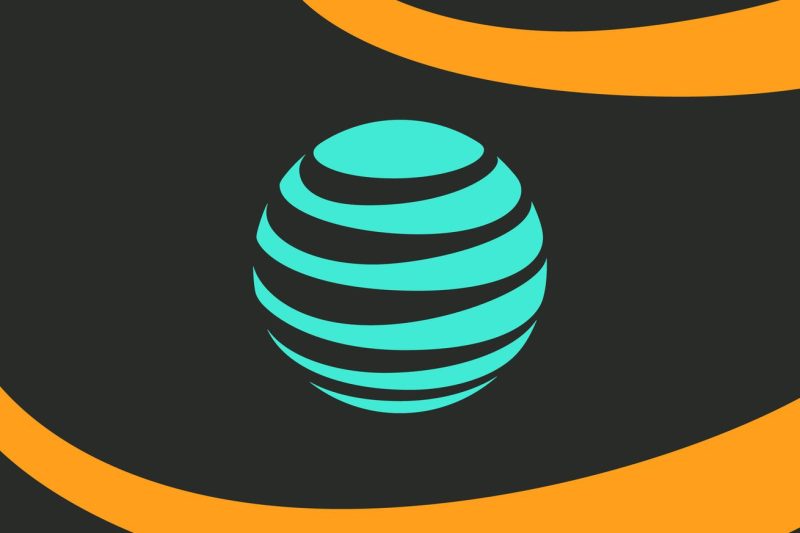The recent AT&T and Verizon outage that disrupted phone calls caused widespread concern and inconvenience, highlighting the critical reliance of modern society on communication technology. The outage, which lasted for several hours, resulted in frustration and confusion among consumers and businesses alike. During this time, people were unable to make calls, send text messages, or access the internet through their mobile devices.
One of the main challenges faced during the outage was the lack of information and updates provided by the service providers. With no clear communication about the cause of the outage or the expected time for resolution, users were left in the dark and unsure of when their services would be restored. This led to increased frustration and anxiety among those affected, as they were unable to reach loved ones, conduct business, or access essential services.
The outage also raised concerns about the vulnerability of our communication infrastructure. In today’s interconnected world, where instant communication is taken for granted, any disruption to phone services can have far-reaching consequences. Businesses may lose revenue, emergency services could be hampered, and individuals may be cut off from vital support systems. This incident serves as a wake-up call for the need to invest in reliable and resilient communication networks to prevent such disruptions in the future.
As society becomes more dependent on technology for everyday tasks, it is essential for service providers to prioritize reliability and preparedness. Ensuring that communication networks are robust and capable of withstanding unexpected disruptions is crucial to maintaining the smooth functioning of our interconnected world. The recent outage serves as a reminder of the importance of proactive measures and contingency plans to minimize the impact of such incidents on individuals and communities.
Moving forward, it is imperative for service providers to learn from this outage and take steps to prevent similar incidents from occurring in the future. Enhanced monitoring systems, faster response times, and improved communication protocols can help mitigate the impact of outages and ensure a more seamless experience for users. By prioritizing the resilience and reliability of communication networks, service providers can better serve their customers and uphold the vital role of communication technology in our daily lives.
In conclusion, the recent AT&T and Verizon outage served as a stark reminder of the critical importance of communication technology in modern society. The disruption caused inconvenience and frustration for many individuals and businesses, highlighting the need for reliable and resilient communication networks. By learning from this incident and implementing proactive measures, service providers can better prepare for future outages and safeguard the smooth functioning of our interconnected world.

